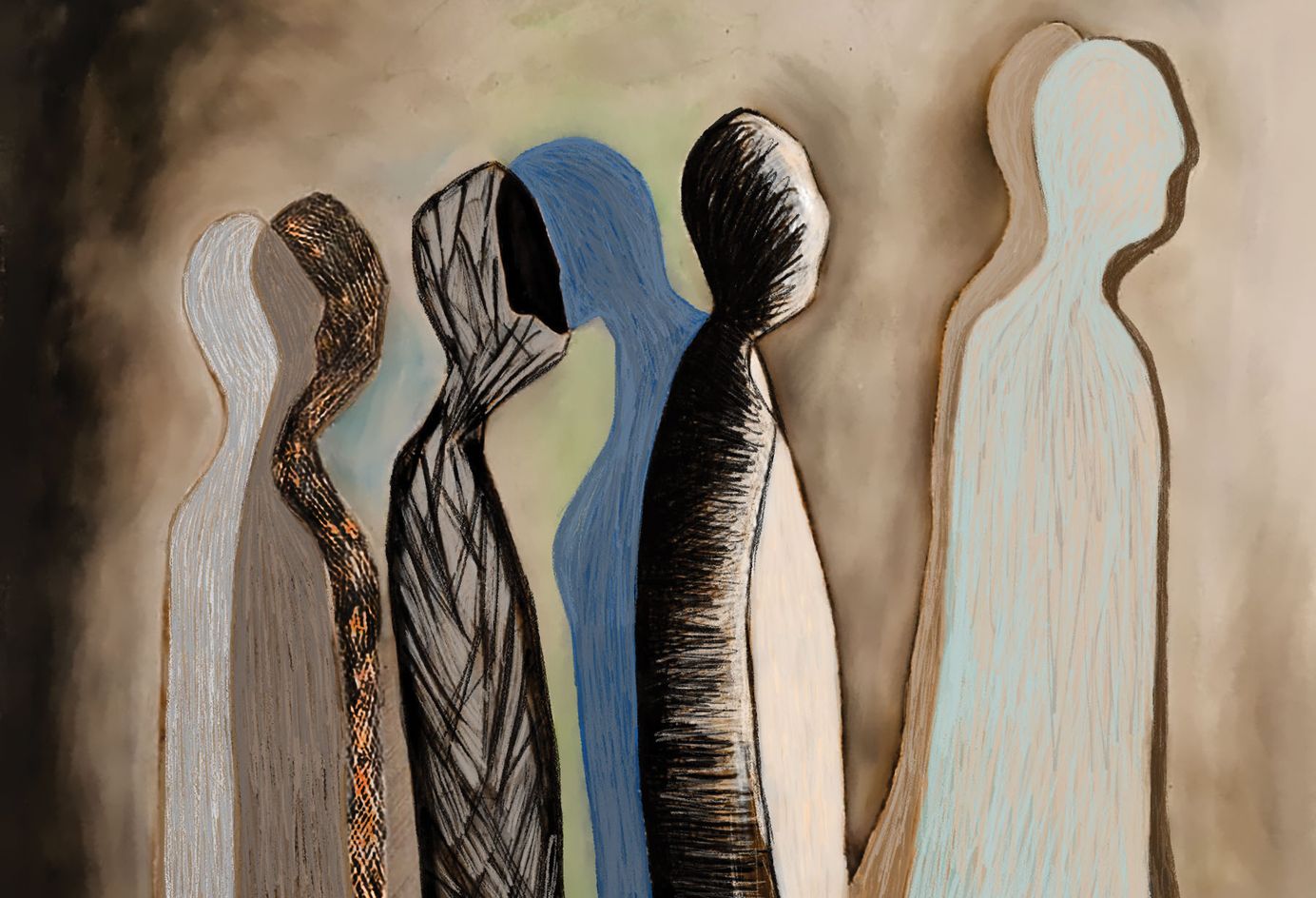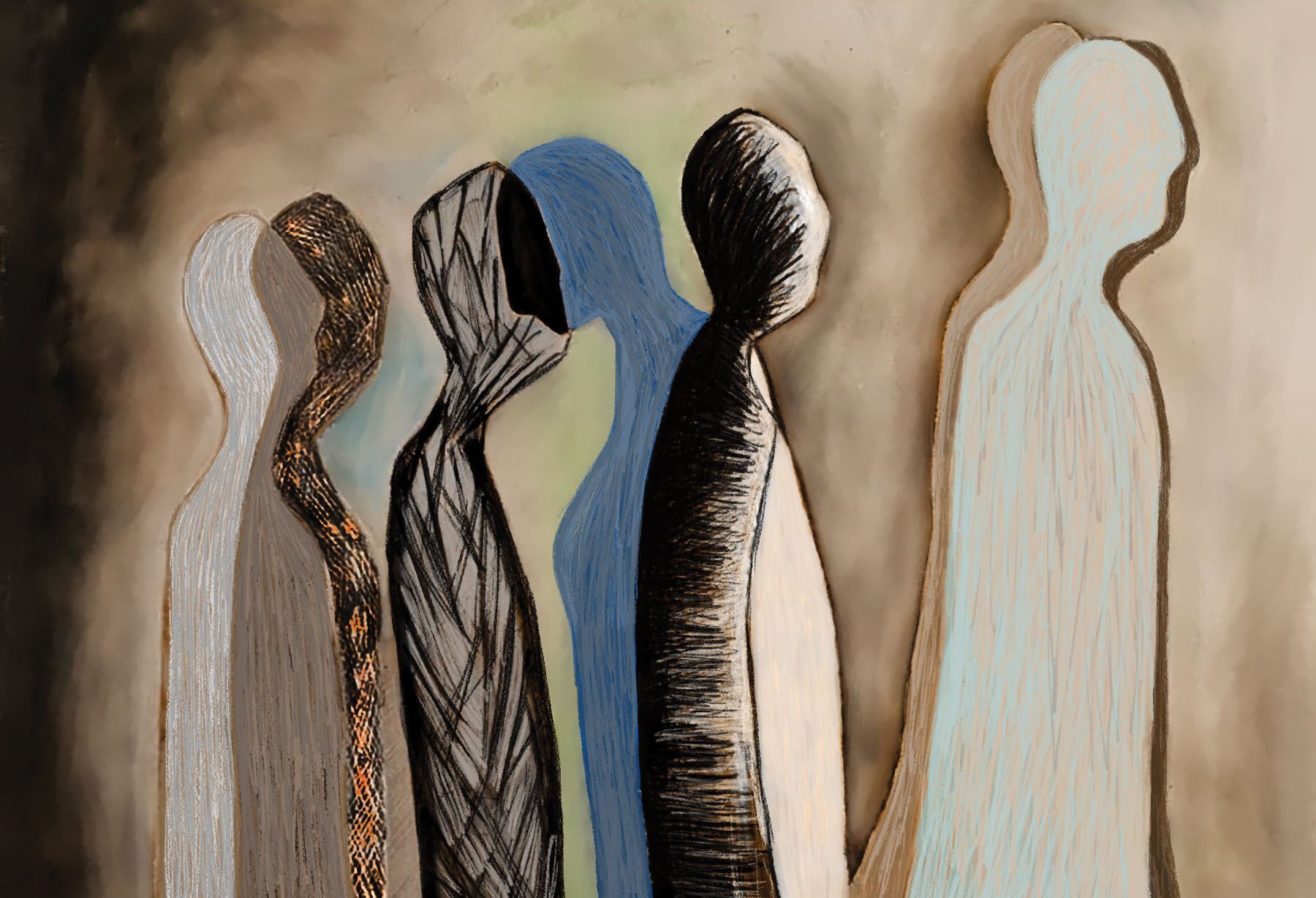
The Psychology of Death

February marks the 1 year anniversary that Covid-19 announced itself to the UK. And honestly, who could have possibly predicted a year like 2020.
After getting Covid-19 myself last month, my symptoms have thankfully mostly resolved, bar an occasional tingling on my tongue that makes food taste bland. I’ve been thrusted back into the relentless long hours and busy shifts in the hospital. Work has been hectic but thankfully, cases are starting to fall. Our hospital trust now has roughly 50% of Covid admissions compared to the (second) peak a few weeks ago. The UK is making progress in its vaccination programme.
Things are looking increasingly positive, but we shouldn’t get complacent. We cannot afford to be tricked into a false sense of security like the first lockdown when the country reopened, resulting in an exponential increase in cases. This is a crucial turning point in the battle, and it’s so essential that we all stay patient. The decision to continue restrictions is a difficult but necessary one, at least until vaccine programmes progress.
Until then: Hang tight, stay safe, believe, and look after each other.
Coping with Death
The last few months at work have been really tough emotionally. Covid-19 has been terrifying. At the time of writing, the UK has seen over 120 thousand deaths. That’s 1 in 550 people.
Death is something that every healthcare professional encounters. But this year during the pandemic, I’ve seen far too much of it. I’ve seen people coming in with their lungs barely functioning. I’ve seen life support machines being switched off. I’ve performed traumatic chest compressions in young adults and elderly gentlemen alike, many of which are unsuccessful. I looked a man in the eye and told him his wife wasn’t going to make it out alive.
I deal with these emotions by pushing them aside so that they don’t interfere with my other clinical decisions. I do everything that I can to move them to the back so that my consciousness remains unclouded. Sometimes, I create mental representations of patients as diagnoses and conditions. Not to objectify them, but because it’s easier to think logically when you remove emotional fallacies. At the end of the day, I reflect, I think about how I can do better, and I move on.
On the other hand, as a human being, I know I will be scarred by many of these emotional experiences for the rest of my life.
I know I’m not alone in this. Every single one of us is going through a difficult time in our own way. When we eventually overcome coronavirus, many of us will struggle with psychological trauma and anxiety. One battle will finish and the next will begin. We need to be helping one another, and thinking of ways as a society to overcome this.
The Psychology of Death
Much of what we do is governed by our unconscious fear of death. Avoiding it is a key survival instinct alongside gathering food, reproduction, and conserving energy. We tend to repress death because we don’t understand it, and because it goes against all the values our society strives for: youth, survival, longevity, health, and optimism. We subdue its existence by attaching stigma and taboo whenever someone brings it up. We fear because it takes away what we think belongs to us.
As a doctor, death is a difficult outcome to accept because it goes against everything we fight for. We’re trained to treat illness so people can live longer and happier lives. To fight death at all costs. The issue is that while we use medications and interventions to extend health in many, we ultimately cannot defeat it. The only thing certain in life, is death. We spend so much time focusing on extending and living life, that we neglect the dying. Death is the only eventuality in all of our lives, yet we fail to prioritise dying better or normalise the process of loss.
‘Death is not the opposite of life but an innate part of it. By living our lives, we nurture death.’ - Haruki Murakami (Norwegian Wood)
Sometimes, death doesn’t mean failure. There are good deaths too: planned, painless, emotionally whole. People argue that if it comes a time when living creates more misery than happiness, we should be allowed to plan it. We die eventually, and it saves from the pain and misery of terminal illnesses. The counter is that no one can truly predict the course of a human life, or define its value. This is the ethical grey area of euthanasia.
As humans, we can’t help but feel pain in loss. But instead of condemning death, we should learn to embrace it as a celebration of life, and use it to live more considered lives. Through more open conversations and proper educational infrastructure, we can learn to respect the art of dying - physically, emotionally, psychologically and spiritually.
On a more personal level, the concept of death takes several different meanings to me. It feels so much harder for me to talk about my own death compared to a patient’s. Yet by avoiding the topic, I fall victim to the same problem that plagues our society.
I fear death more than anything because I know I will never understand it. But at the very least, it’s not something that has control of me anymore. Knowing that once I die, my existence amounts to zero allows me to live freely. It drives as a motivator to make a difference in the world before its eventuality.



